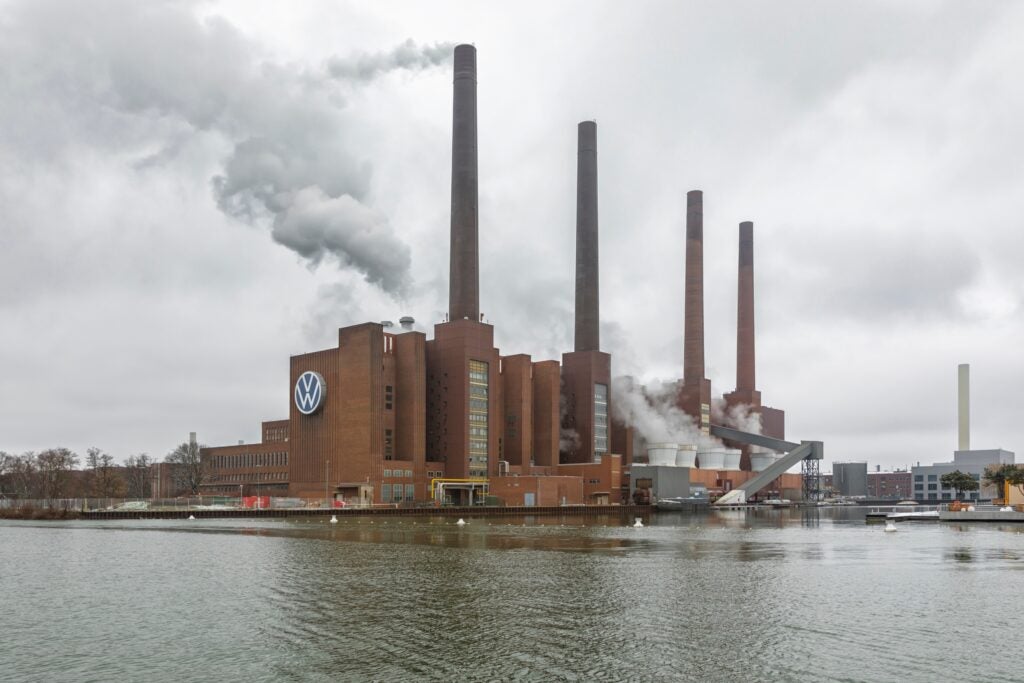Justice Served: The Fallout of Volkswagen’s Diesel Scandal for Executives
In a striking turn of events, four former Volkswagen executives are now facing prison time as the legal ramifications of the diesel emissions scandal unfold. This case not only marks a significant milestone in corporate accountability but also serves as a cautionary tale for the automotive industry.
A Brief Overview of the Diesel Emissions Scandal
The diesel emissions scandal, often referred to as “Dieselgate,” erupted in 2015 when it was revealed that Volkswagen had intentionally equipped its diesel vehicles with software designed to cheat emissions tests. This deceit affected approximately 11 million vehicles worldwide, leading to intense scrutiny from regulators, environmental groups, and consumers alike.
The Executives on Trial
The four former executives—who have not been named due to ongoing legal proceedings—are charged with conspiracy to commit fraud and violations of the Clean Air Act. Their actions exemplify the depths of corporate malfeasance, raising questions about ethical governance within large corporations.
Consequences for Corporate Malfeasance
This landmark case sheds light on the broader implications of corporate misconduct. The fallout from the scandal has caused Volkswagen significant financial damage, including fines exceeding $30 billion, recalls, and a loss of consumer trust. This situation underscores the necessity for stringent corporate governance and the importance of ethical decision-making.
Public Perception and Regulatory Responses
As public outrage continues to simmer, regulatory bodies around the globe are re-evaluating their oversight mechanisms in the automotive sector. Governments are now more vigilant in monitoring compliance with environmental standards, resulting in stricter penalties for violations. This shift in regulatory focus aims to deter companies from engaging in similar unethical practices in the future.
A Shift in Corporate Culture
The fallout from Dieselgate has prompted a significant shift in corporate culture, particularly within Volkswagen. The company has undertaken extensive reforms, including the implementation of new compliance measures and a renewed commitment to sustainability. Critics argue, however, that reform must extend beyond policy changes to instill a genuine culture of accountability and transparency.
The Future of the Automotive Industry
Looking ahead, the automotive industry faces a pivotal moment. With the rise of electric vehicles and increasing consumer demand for greener options, automakers must adapt their strategies to align with environmental priorities. Companies that fail to embrace sustainable practices risk facing not only legal repercussions but also a decline in market share as consumers become more environmentally conscious.
Conclusion
The trial of the former Volkswagen executives serves as a powerful reminder of the consequences of corporate wrongdoing. As the automotive industry grapples with the lessons of Dieselgate, it is imperative for all stakeholders—executives, regulators, and consumers—to advocate for ethical practices and sustainable innovations. The case illustrates that accountability is not just an obligation but a pathway to restoring trust and integrity in business.
Call to Action: As consumers, we have the power to influence corporate behavior. Demand transparency and accountability from automotive companies to ensure a sustainable future for our planet. Stay informed, and support brands that prioritize ethical practices.
See more Business Focus Insider Team

